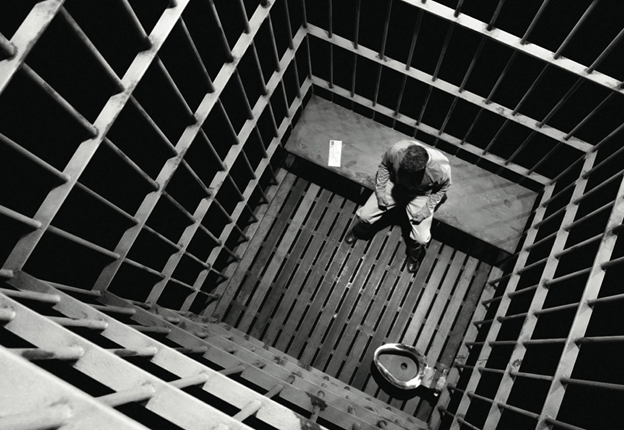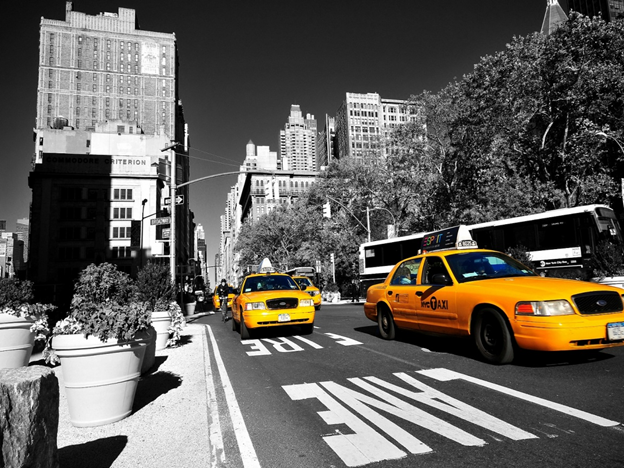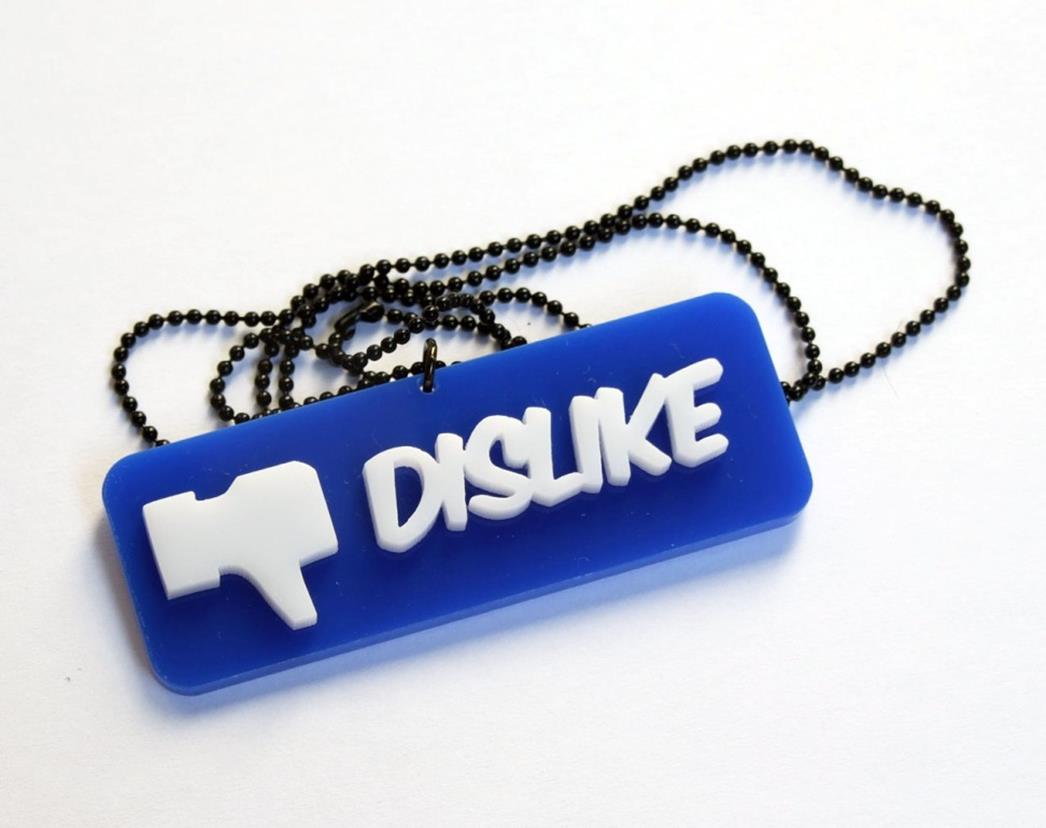Is Chess Too Boring?
June 22, 2012 in Daily Bulletin

Chess isn’t exactly a game that has ever been associated with chills and thrills, but the high number of drawn matches in recent times might become a threat to the game writes KW Regan. What’s really interesting though is that there are a class of players that don’t draw games as much: computers.
- Expert players now use sophisticated computer programs to prepare their moves in advance. This is in part what has led to the high number of draws.
- What’s surprising is when computers are left to battle it out against one another there are rarely any draws.
- One explanation is what Regan calls the “contempt” factor. In situations where a draw seems the way forward the programs behave more aggressively than humans.
- Since computers are also isolated from high-stakes and pressures they are more willing to take risks. In contrast those seeking to defend their championship name would be predisposed to draws over risky tactics.
- One solution might be to reduce the amount of time that games last. Rapid chess generally leads to fewer draws.
To read more about why rapid chess isn’t necessarily the solution, how the length of games has changed over time, a match that demonstrates the problem, and other innovative and technical ways to solve the problem click here.
Source: Gödel’s Lost Letter and P=NP
Via: Marginal Revolution








Join the Discussion! (No Signup Required)